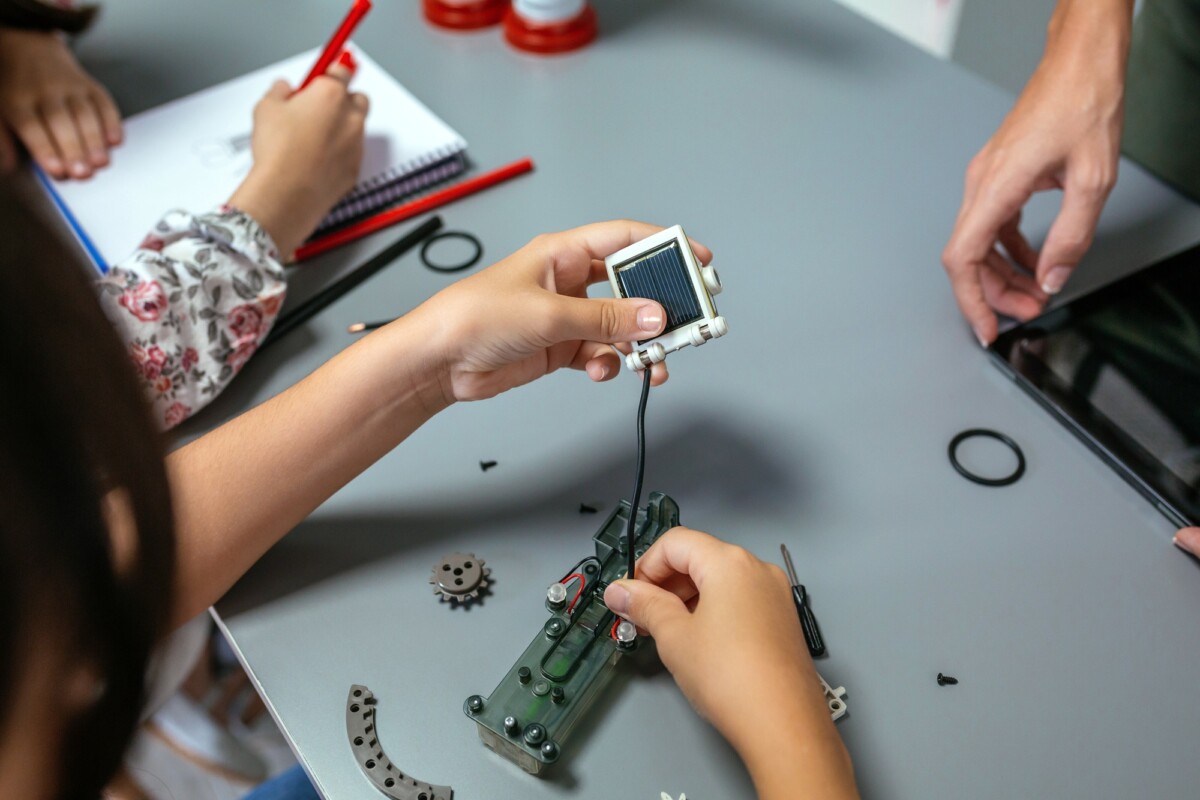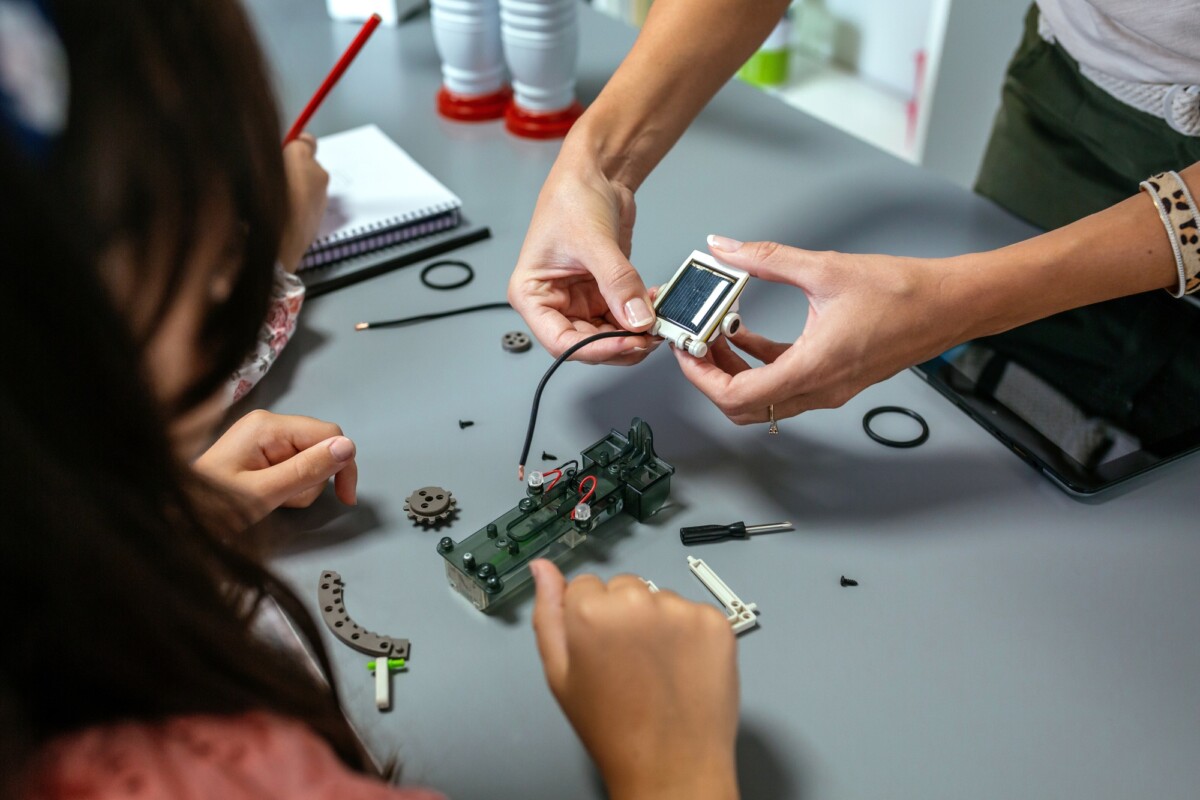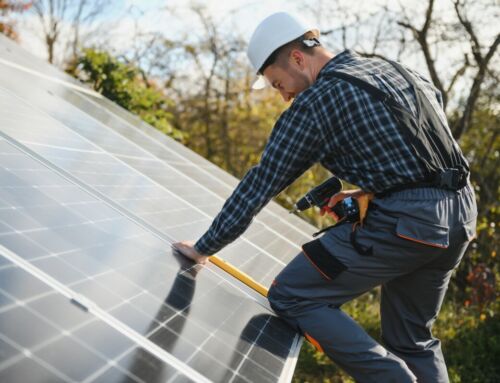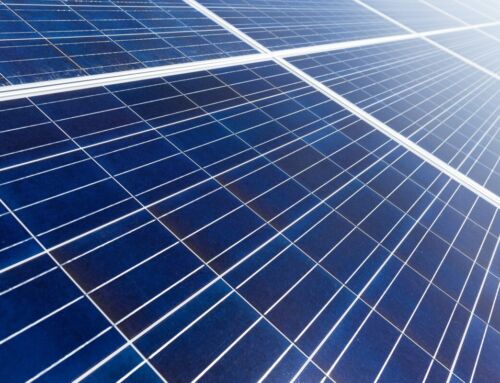Why Choose DIY Solar for Your Home?
Attention: Are you tired of skyrocketing energy bills?
Problem: Traditional energy sources are not only costly but also harmful to the environment.
Promise: Embrace DIY Solar solutions to transform your home into an eco-friendly powerhouse while saving money.
DIY Solar is an innovative approach that empowers homeowners to harness the sun’s energy without breaking the bank. By opting for DIY Solar, you gain control over your energy production, reduce your carbon footprint, and enjoy significant savings on electricity bills.
Benefits of DIY Solar
- Cost-Effective: Installing a DIY Solar system can be more affordable than hiring professionals, allowing you to allocate funds to other home improvements.
- Environmentally Friendly: Reduce reliance on fossil fuels and decrease your home’s carbon emissions.
- Energy Independence: Generate your own power and reduce dependency on the grid.
Easy Installation Process
With the availability of comprehensive kits and online tutorials, setting up a DIY Solar system is more accessible than ever. Most kits come with detailed instructions, making it feasible for even the most novice DIY enthusiasts to install their own solar panels.
How to Assess Your Home’s Solar Potential
Are you considering
Diy Solar for your home? The idea of harnessing the sun’s power is not only eco-friendly but also a great way to cut down on energy bills. However, the challenge lies in determining if your home is a good candidate for solar panels. In this guide, we’ll explore how to assess your home’s solar potential, ensuring you make an informed decision.
Evaluate Your Roof’s Condition
Before diving into
Diy Solar, inspect your roof. A sturdy, well-maintained roof is crucial for supporting solar panels. Look for signs of wear and tear, and consider the roof’s age. If repairs are needed, address them before installation to avoid future complications.
Analyze Sun Exposure
Sun exposure is key to effective solar energy generation. Observe your roof throughout the day to identify any shading from trees or nearby structures. Ideally, your roof should receive ample sunlight, especially during peak hours, to maximize energy production.
- Orientation: South-facing roofs are optimal.
- Tilt Angle: A tilt angle between 15-40 degrees is ideal.
Calculate Energy Needs
Understanding your household’s energy consumption helps in sizing your
Diy Solar system. Review past utility bills to determine average usage. This data will guide you in selecting the right number of panels to meet your energy needs efficiently.
By following these steps, you can confidently assess your home’s solar potential and embark on your
Diy Solar journey with clarity and purpose.
Step-by-Step Guide to Building Your Own Solar Panel
Are you ready to harness the power of the sun and reduce your energy bills?
Diy Solar projects are gaining popularity as more people seek sustainable energy solutions. The problem is, many think it’s too complex or costly. But fear not! This guide promises to simplify the process, showing you how to build your own solar panel efficiently and affordably.
Gather Your Materials
Before diving into the construction, gather essential materials. You’ll need solar cells, a soldering iron, tabbing wire, a flux pen, and a solar panel kit. Having everything ready ensures a smooth start.

Thinking about solar energy? See how it can lower your bills and elevate your home’s efficiency. Get Your Free Estimate at NewSolar Quotes
Assemble the Solar Cells
- Lay Out the Cells: Arrange them in rows on a flat surface.
- Solder the Cells: Use the soldering iron to connect the cells with tabbing wire.
- Test the Connections: Ensure each cell is properly connected for optimal energy flow.
Construct the Panel Frame
- Build the Frame: Use durable materials like aluminum or wood.
- Attach the Cells: Securely place the soldered cells within the frame.
- Seal the Panel: Use a protective cover to shield against weather elements.
Install and Connect
Once your panel is ready, find a sunny spot for installation. Connect it to an inverter to convert solar energy into usable electricity. With these steps, your
Diy Solar project will be up and running, powering your home sustainably.
What Tools and Materials Do You Need for DIY Solar?
Are you ready to harness the power of the sun with a DIY solar project? The idea of generating your own electricity is exciting, but it can also feel overwhelming. Don’t worry! With the right tools and materials, you can successfully set up your own solar system and start saving on energy costs.
Essential Tools for DIY Solar
To get started with your DIY solar project, you’ll need a few basic tools:
- Multimeter: Essential for measuring voltage, current, and resistance.
- Drill and Drill Bits: Necessary for mounting panels and securing components.
- Wire Strippers and Cutters: For preparing and connecting wires safely.
- Screwdrivers: Various sizes for assembling and installing parts.
Key Materials for DIY Solar
Alongside tools, gathering the right materials is crucial:
- Solar Panels: The core component that captures sunlight and converts it into electricity.
- Inverter: Converts the DC electricity generated by the panels into AC electricity for home use.
- Battery Storage: Stores excess energy for use when the sun isn’t shining.
- Mounting Hardware: Secures the panels in place, ensuring they are positioned for optimal sunlight exposure.
By equipping yourself with these tools and materials, you’re well on your way to a successful DIY solar installation. Remember, each project is unique, so tailor your toolkit to fit your specific needs.
Common Mistakes to Avoid When Installing DIY Solar
Embarking on a DIY solar project can be an exciting venture, offering the promise of energy independence and cost savings. However, without proper planning, you might encounter some common pitfalls. Understanding these mistakes can help ensure a smooth installation process and maximize your system’s efficiency.
1. Inadequate Planning
Many DIY solar enthusiasts jump into installation without a comprehensive plan. It’s crucial to assess your energy needs, roof suitability, and local regulations. Skipping this step can lead to inefficient systems that don’t meet your energy goals.
2. Incorrect Sizing
Choosing the wrong size for your solar system is a frequent error. Oversizing leads to unnecessary costs, while undersizing results in insufficient power. Calculate your household’s energy consumption accurately to determine the right system size.
3. Ignoring Local Regulations
Overlooking local building codes and permit requirements can cause legal issues and delays. Always check with local authorities to ensure compliance with regulations before starting your DIY solar project.
4. Poor Installation Techniques
Improper installation can lead to system inefficiencies or damage. Follow manufacturer guidelines closely and consider consulting with a professional if you’re unsure about any step. Proper installation ensures your DIY solar system operates safely and effectively.
How Much Can You Save with DIY Solar Solutions?
Are you tired of skyrocketing energy bills? DIY solar solutions might be the answer. With rising electricity costs, many homeowners are turning to DIY solar to harness the sun’s power and cut down on expenses. Imagine slashing your energy bills while contributing to a greener planet. Let’s explore how much you can save with DIY solar solutions.
Initial Investment vs. Long-term Savings
While the initial investment in DIY solar may seem daunting, the long-term savings are significant. Typically, a DIY solar setup costs less than hiring professionals, making it a cost-effective choice. Over time, the savings on your electricity bills can offset the initial costs, leading to substantial financial benefits.
- Lower Installation Costs: By doing it yourself, you eliminate labor costs.
- Tax Incentives: Many regions offer tax credits for solar installations.
Energy Independence and Efficiency
DIY solar not only saves money but also increases your energy independence. By generating your own electricity, you rely less on the grid, protecting yourself from fluctuating energy prices. Moreover, DIY solar systems can be tailored to your specific energy needs, ensuring maximum efficiency and savings.
- Customizable Systems: Tailor your setup to match your energy consumption.
- Reduced Carbon Footprint: Contribute to a sustainable future while saving money.
In conclusion, DIY solar solutions offer a practical way to reduce energy costs and achieve energy independence. By investing in a DIY solar system, you can enjoy long-term savings and contribute to a more sustainable world.
DIY Solar Maintenance: Keeping Your System Efficient
Regular Cleaning
Dust, leaves, and debris can accumulate on your solar panels, reducing their efficiency. Regular cleaning is essential to maintain optimal performance. Use a soft brush or a gentle stream of water to clean the panels, ensuring they capture maximum sunlight.
Inspecting Connections
Loose or corroded connections can lead to power loss. Periodically check all electrical connections in your DIY solar system. Tighten any loose wires and replace corroded parts to prevent energy inefficiencies.
- Check for wear and tear: Look for signs of damage or wear on cables and connectors.
- Ensure proper insulation: Make sure all connections are well-insulated to prevent short circuits.
Monitoring System Performance
Keep an eye on your system’s performance metrics. Use monitoring tools to track energy output and identify any drops in efficiency. Early detection of issues allows for timely interventions, ensuring your DIY solar system remains a reliable energy source.
Exploring the Environmental Benefits of DIY Solar
DIY solar systems offer a sustainable energy alternative that significantly reduces greenhouse gas emissions. By harnessing the sun’s power, you can decrease reliance on fossil fuels, which are notorious for their environmental impact. Transitioning to solar energy is not just a personal gain but a collective step towards a healthier planet.
Key Environmental Benefits
- Reduction in Carbon Footprint: DIY solar panels help cut down on carbon emissions by providing clean, renewable energy.
- Conservation of Natural Resources: Solar energy reduces the need for non-renewable resources, preserving them for future generations.
- Decreased Air Pollution: By minimizing reliance on coal and natural gas, solar energy contributes to cleaner air and a healthier environment.
Moreover, DIY solar projects empower individuals to take control of their energy consumption. This autonomy not only fosters environmental stewardship but also encourages innovation and community engagement. As more people adopt DIY solar, the cumulative effect can lead to significant environmental improvements.
How NewSolarQuotes Can Help You Start Your DIY Solar Journey
Are you ready to harness the power of the sun and reduce your energy bills? DIY solar projects are gaining popularity as more homeowners seek sustainable and cost-effective energy solutions. However, diving into the world of DIY solar can be daunting without the right guidance. At NewSolarQuotes, we promise to simplify your DIY solar journey, providing you with the resources and support you need to succeed.
Why Choose DIY Solar?
- Cost Savings: Installing solar panels yourself can significantly reduce installation costs.
- Sustainability: Contribute to a greener planet by using renewable energy.
- Energy Independence: Gain control over your energy source and reduce reliance on the grid.
Getting Started with DIY Solar
Starting your DIY solar project involves several steps, from assessing your energy needs to selecting the right equipment. At NewSolarQuotes, we offer comprehensive guides and expert advice to help you make informed decisions. Our resources cover everything from calculating your energy requirements to choosing the best solar panels for your home.
Support and Resources
- Expert Guides: Step-by-step instructions tailored for beginners.
- Product Reviews: Honest reviews to help you choose quality solar products.
- Community Support: Connect with other DIY enthusiasts for tips and advice.
Embarking on a DIY solar project can be a rewarding experience, both financially and environmentally. With NewSolarQuotes by your side, you’ll have access to all the tools and knowledge you need to successfully complete your solar installation. Start your journey today and join the growing community of DIY solar enthusiasts!
Switch to solar and start saving now! Don’t miss out on a cleaner, cost-effective energy solution. Schedule Your Free Consultation at NewSolar Quotes
Discover more ways to save with solar! Visit New Solar Quote and see the potential for your home. 





